How does Action Research Provide culturally responsive solutions that address authentic problems in your context
More often than not, commonly used textbooks on research methodology separate research approaches from methods; the instruments for data collection (Cohen et al, 2018). Notable examples of research methodologies include; Surveys to describe, compare and or evaluate, Case Studies to describe, compare, and or explain., Experiments to explain and compare, Action Research (AR) to design, develop a solution to a practical problem., Ethnography to describe, to explain., Correlation Research to describe and or compare and Evaluation Research to determine the effectiveness of a program.
In my context, I will be using the Action Research methodology which according to Cohen et al (2018) is a small-scale intervention in the functions of the real world to address practitioners' issues and a close examination of its effects of such an intervention. It is a process by which practitioners scientifically, study areas for development to facilitate evaluation, improvement, and the steering of discussions for the needed intervention Corey (1953, p6 as cited in Cohen et al (2018, p 441). Action Research has very attractive qualities that make it suitable to be used in educational contexts. These qualities include but are not limited to the following; It works on the participants' problems, interests, and areas of concern, seeks to improve practice, is collaborative and participative, is problem-solving, is undertaken in situ, is methodologically eclectic, requires reflection, is an ongoing cycle of diagnosis and builds on professional development (Cohen, et al,2018).
Action research methodology can be segmented into 4 main steps or stages as below"
Stage 1: Identify the Problem and the causes of the problem
Stage 2: Plan Action - Look at a range of practical solutions
Stage 3: Act
Stage 4: Evaluate
Being culturally responsive is appreciating and understanding one's own culture while also acquiring empathy and fluency in another. Collectively we have a moral commitment to protect Te Reo and Tikanga Maori in New Zealand. My goal is to model the teaching, learning, and assessment process for hospitality and catering to encourage student agency through the development and use of a custom-built bilingual ( Te Reo Maori and English) web application that will facilitate evidence submission and feedback for teaching and learning. The proposed project will empower students to lead and take ownership of their learning and also help in the collaborative support of others through peer and teacher feedback when needed. In this way, I will be steering leadership in a collective way involving students, teachers, and whanau.
There are four main types of action research which are participatory action Research (PAR), Critical Action Research(CAR), Action Science(AS) and Appreciative Inquiry(AI). In a school setting like my context Action Science (AS) will be the preferred requiring the use of espoused theories and single and double loop learning. Whilst this will start as individual teacher research, it will have collaborative action elements as I will be involving other teachers and their classrooms. Eventually, all teachers school wide or elsewhere interested could use the artifacts arising out of the research.
References
Cohen, L., Manion, L., Morrison, K., 2018. Research methods in education. 8th ed. Routledge.
Corey M. S (1953) Action Research to Improve School Practices
Coe, R., Waring, M., Arthur, J., (2017) Research Methods and Methodologies in Education SECOND EDITION.


 Teachers ViewPoint
Teachers ViewPoint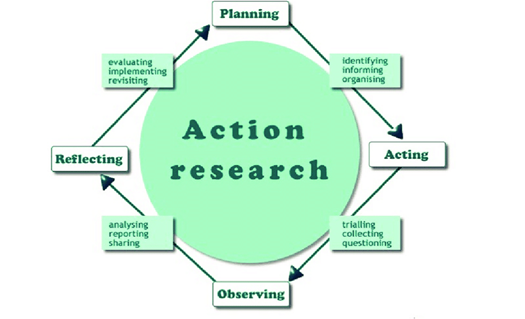
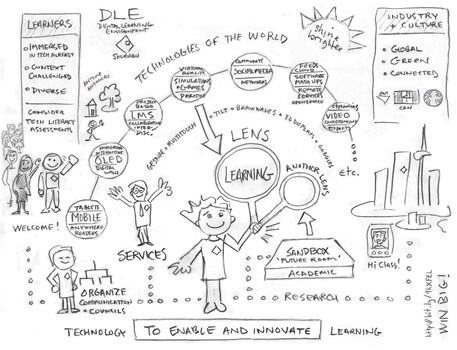
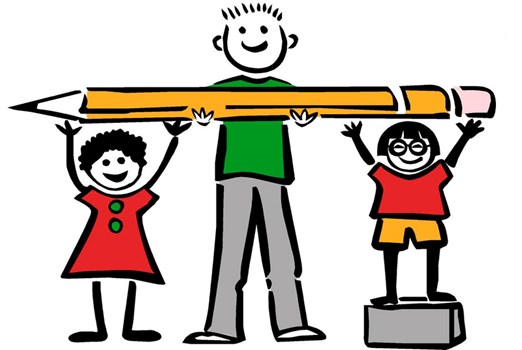
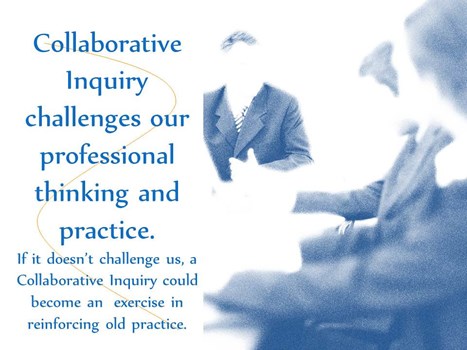
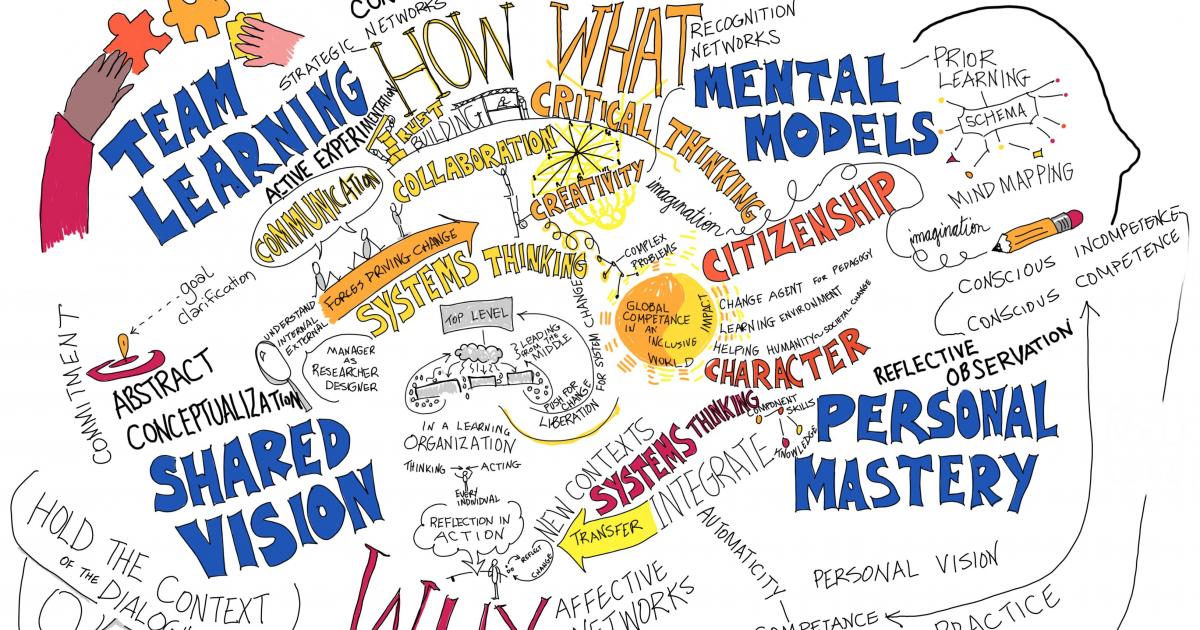
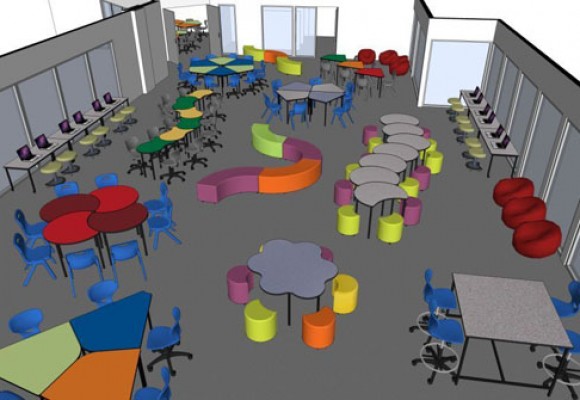
Please log in to post a comment.
0 Comments